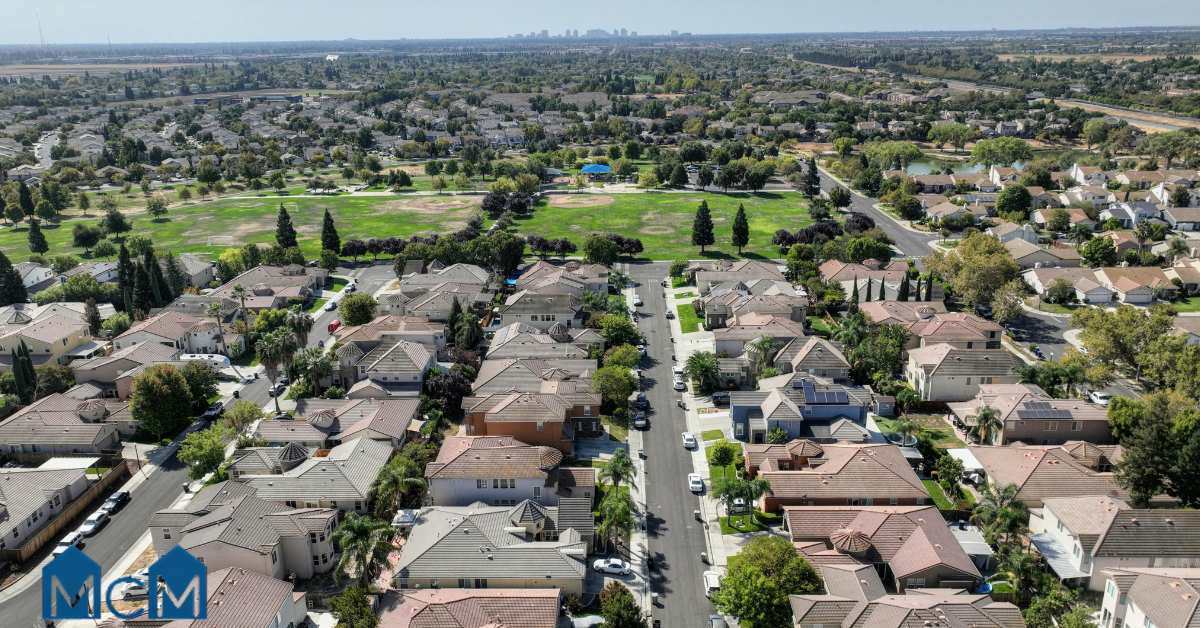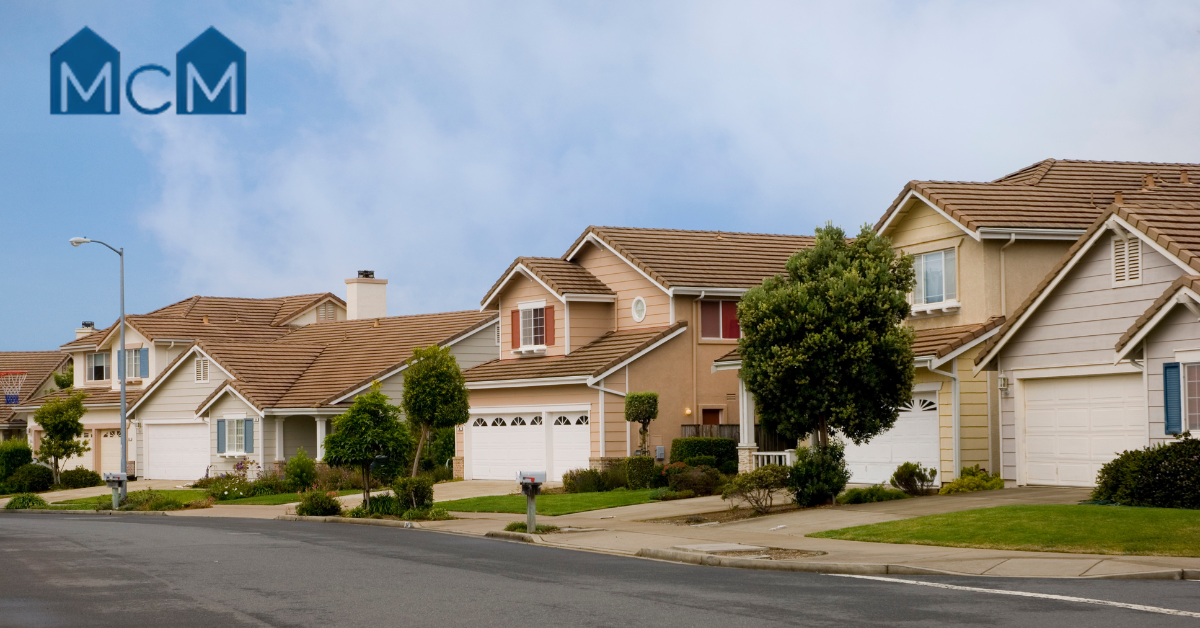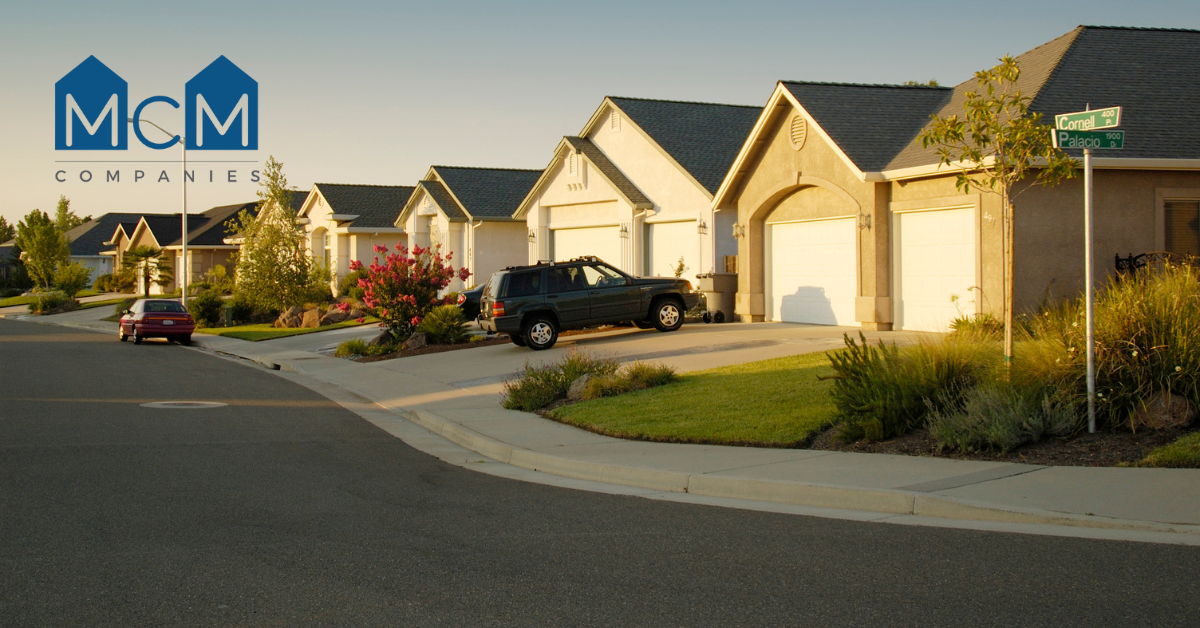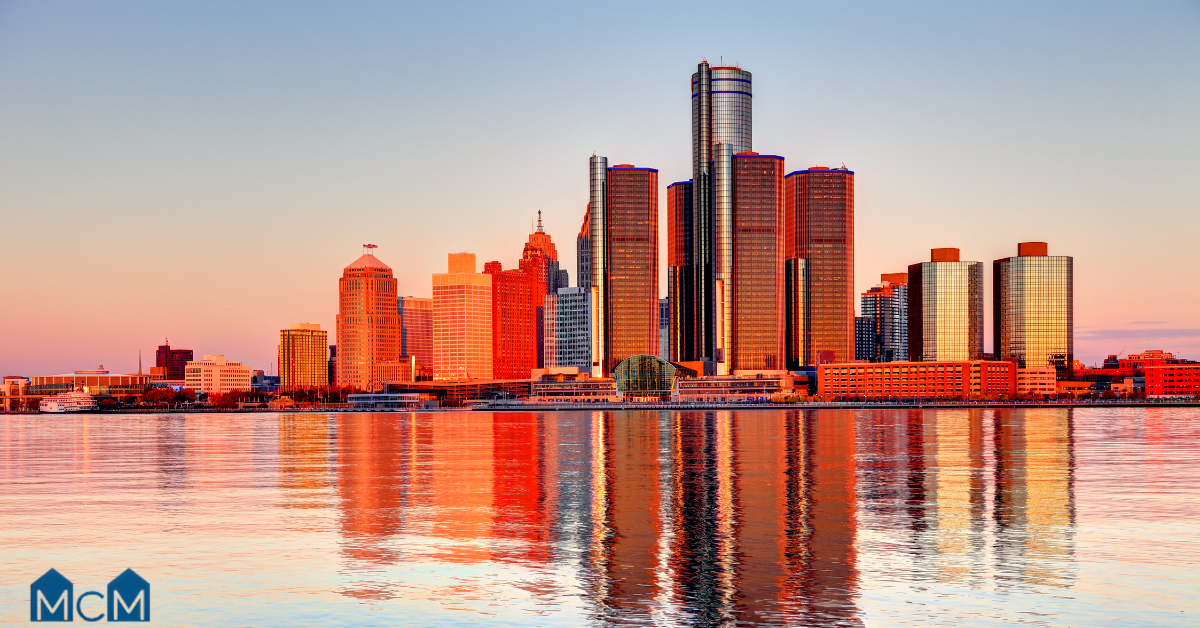Renting vs. Buying in a Manufactured Home Community


Choosing Between Renting and Buying in a Manufactured Home Community
Deciding whether to rent or buy begins with understanding your current lifestyle and future goals. Renting offers flexibility—ideal if your career path or family situation may change in the next few years. No large down payment is required; many maintenance worries fall to the community management team. Buying provides stability and the opportunity to customize your home over time. Ownership makes sense if you plan to stay put, build equity, and tailor your surroundings without landlord restrictions.
Each path has trade-offs. Renters enjoy lower upfront costs and simplified budgeting, while owners benefit from potential tax advantages and long-term financial growth. Reflect on your plans for the next five to ten years. Renting can be a wise choice if you value the freedom to relocate quickly. Buying may prove more rewarding if you're building roots and looking for a long-term investment.
Comparing Monthly Rent and Mortgage Payments for Long-Term Planning
A straight comparison of your monthly outlay is the first step in financial planning. Rental rates in a quality manufactured home community often include lot fees, basic landscaping, and access to amenities—pool, clubhouse, or fitness center—wrapped into one predictable payment. Mortgage payments break down into principal, interest, property taxes, and homeowners association dues. While the initial number may appear higher, homeowners typically offset some costs through tax deductions on mortgage interest and property taxes.
Community fees for renters can range from a few hundred dollars each month up to rates comparable with mortgage dues, depending on location and amenity levels. Prospective buyers should factor in potential homeowners' insurance and ongoing maintenance that renters may not face. By mapping these costs side by side and projecting them over five- and ten-year horizons, you'll gain clarity on which option aligns best with your budget and long-term wealth goals.
Building Equity and Financial Upside as a Manufactured Home Owner
One of the greatest advantages of ownership lies in equity accumulation. With each mortgage payment, you increase your stake in the property rather than funding a landlord’s investment. Over time, rising market values in well-managed communities can translate into real gains when you decide to sell or refinance. Additionally, homeowners often qualify for tax benefits—mortgage interest deductions and property tax credits—further enhancing their investment return.
Beyond pure financial upside, ownership empowers you to improve your home’s value. Upgrades to flooring, cabinetry, or energy-efficient features can boost resale appeal and reduce ongoing utility costs. In contrast, renters may face restrictions on major improvements. If building long-term wealth and personalizing your living space are priorities, buying a manufactured home in a community designed for modern lifestyles can deliver both comfort and financial rewards.
Enjoying Flexibility and Low Commitment with Renting
Renting a manufactured home means trading long-term ties for short-term freedom. Lease agreements typically span one year, allowing you to relocate without the hassle of selling a property. If your job requires frequent moves or you’re uncertain about settling down, renting lets you adapt quickly. Maintenance responsibilities—lawn care, exterior repairs, even major systems like plumbing or HVAC—are usually handled by the community’s property management. That peace of mind can be worth the premium in community fees.
In addition, renting often brings fewer unexpected costs. There's no need to budget for roof repairs, new appliances, or foundation work—those obligations rest with the landlord. Amenities such as pools, fitness centers, and community events are included, making it easy to join in without additional fees. For those who value simplicity and mobility, renting offers a streamlined, low-commitment path to community living.
Handling Maintenance and Repairs as a Renter versus an Owner
Knowing who’s responsible for upkeep helps you avoid surprises. As a renter, you simply report issues to your community's maintenance team and wait for a timely fix. No need to source contractors or cover large repair bills. Routine tasks like lawn mowing, roof inspections, and system tune-ups are on the management's docket.
Homeowners, however, take on both pride and responsibility. While you can choose materials, design upgrades, and preferred vendors, you also shoulder the costs. Every maintenance decision falls under your purview, from caulking windows to servicing the water heater. Establishing an annual home-care budget and keeping a trusted network of local professionals can ease the load. The trade-off is clear: ownership delivers autonomy and potential value increases, but it requires proactive planning and resources.
Exploring Financing Options for Manufactured Home Purchases
Securing the right loan can make ownership accessible and affordable. Manufactured home buyers often choose between three main financing paths:
- Chattel loans – For movable homes not tied to real estate, featuring shorter terms and higher interest rates.
- FHA Title I loans – Government-backed financing with lower down-payment requirements, provided the home has a permanent foundation.
- Conventional mortgages – Similar to site-built home loans, offering competitive rates for buyers with strong credit and larger down payments.
Down-payment requirements differ by loan type. FHA Title I loans may require as little as 5 percent, whereas conventional lenders often ask for 10 to 20 percent. Your credit score and debt-to-income ratio are key in approval and interest rates across all options. To prepare, take stock of your finances, shop multiple lenders for the best terms, and enlist a mortgage advisor familiar with manufactured homes. The right financing plan can make homeownership fit comfortably within your budget and long-term goals.
Assessing Resale Potential and Long-Term Value
When you buy a manufactured home, resale potential hinges on community reputation, home condition, and market demand in your area. Well-maintained parks with strong management and attractive amenities tend to hold property values better over time.
Location matters, too—proximity to schools, shopping, and transit boosts appeal. Renters considering a future purchase should monitor resale trends in their community; tracking sold homes and time on market gives insight into investment viability. Understanding these dynamics helps owners and prospective buyers make informed, strategic decisions.
Personal Considerations to Guide Renting or Buying
Beyond finances and amenities, your personal goals should steer the decision. Single professionals may prize the freedom to relocate swiftly, making renting an ideal choice. Growing families often seek the stability and customization that ownership affords—play areas, upgraded finishes, and cozy patios. Empty nesters might weigh downsizing benefits against the comfort of a familiar community. Career trajectory, lifestyle preferences, and risk tolerance are all factors. By listing your priorities—mobility, equity building, and maintenance appetite—you can weigh renting and buying against your unique life plan.
Partnering with a trusted builder and community developer ensures you make the best choice. At MCM Communities, we specialize in high-quality manufactured and modular homes, designed for modern lifestyles and built to last. Whether you’re exploring rental lots or ready to invest in ownership, our team provides clear guidance every step of the way.
Contact MCM Communities today to discuss your goals, tour available properties, and discover how renting or buying in our neighborhoods can fit your life perfectly.
.svg)





